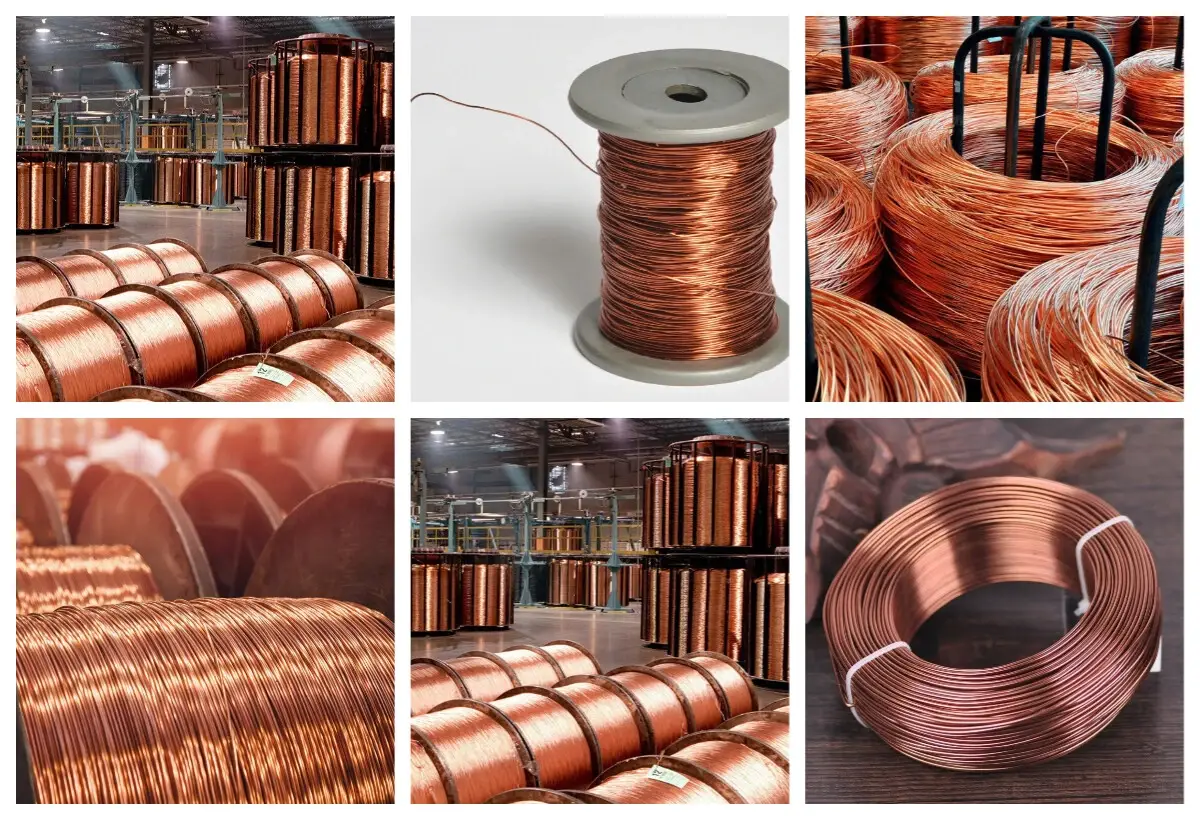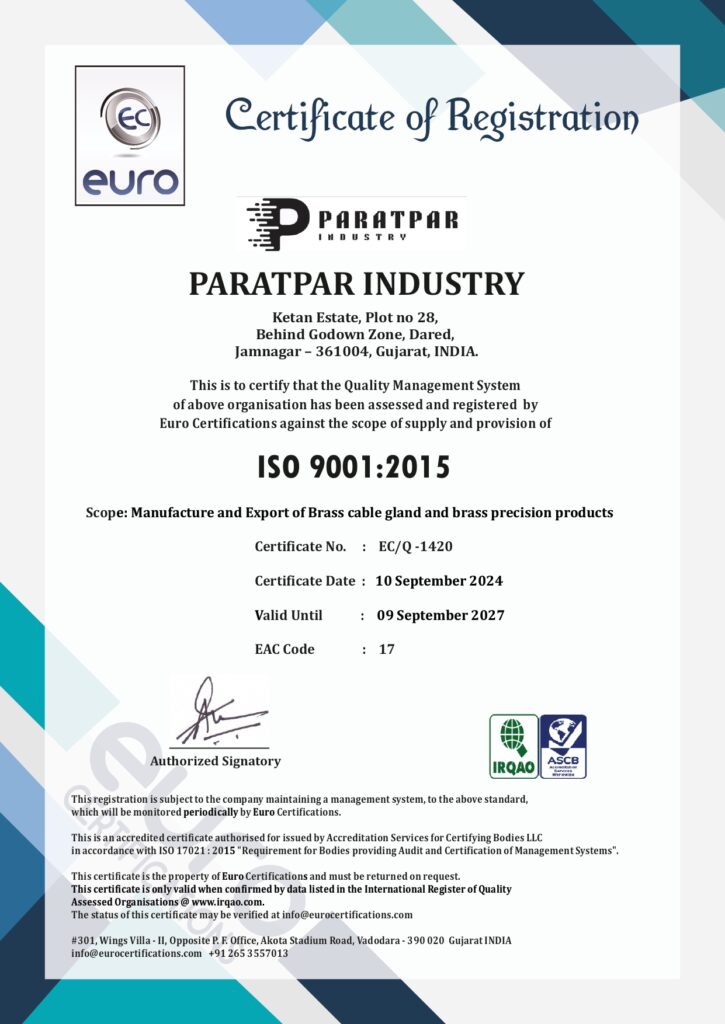Copper is industrial pure copper with a melting point of 1083°C, no allotropic transformation, and a relative density of 8.9g/cm3, which is five times that of magnesium. The mass of the same volume is about 15% heavier than ordinary steel. Because of its rose red color and purple color after the oxide film is formed on the surface, it is generally called red copper. It is copper containing a certain amount of oxygen, so it is also called oxygen-containing copper. The impurities in it are oxidized and discharged, and the amount of solid solution is reduced, which is beneficial to the electrical conductivity of copper and can also eliminate the influence of harmful impurities. However, copper is prone to embrittlement (known as hydrogen disease) in reducing atmospheres above 370°C.

Research
There are many challenges we encounter in the industry, such as ensuring compliance with industry standards, optimizing product quality, and meeting customer expectations. We often find that balancing innovation with cost-efficiency is critical to overcoming these hurdles.
Our solution involved using cutting-edge technology and adhering to stringent quality control processes. By leveraging our expertise and industry insights, we were able to deliver high-performance products that exceeded expectations in both quality and reliability.
Yes, our client was extremely satisfied with the results. Not only did we meet their expectations, but we also provided them with long-term solutions that helped enhance their operations, leading to increased customer satisfaction on their end.

